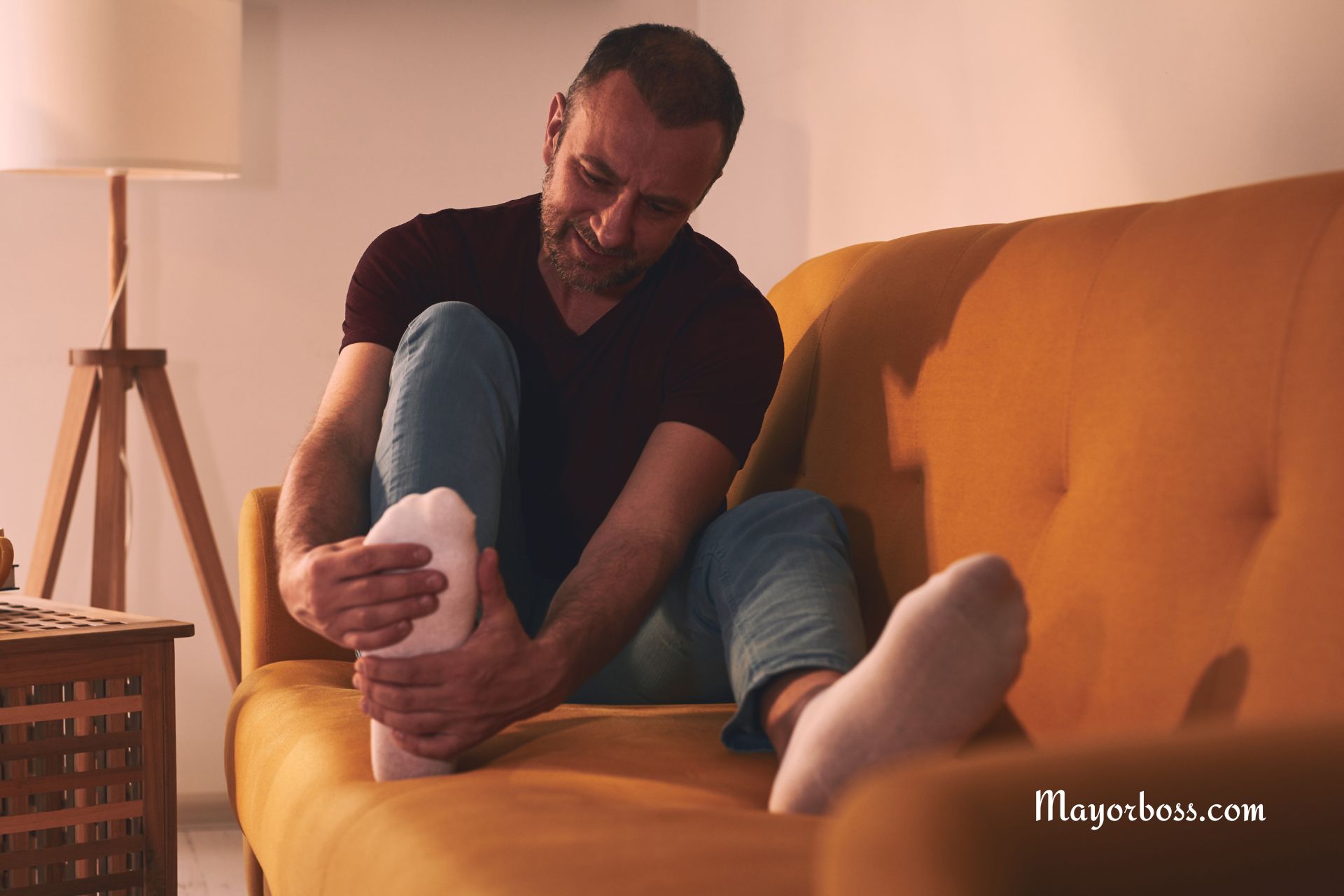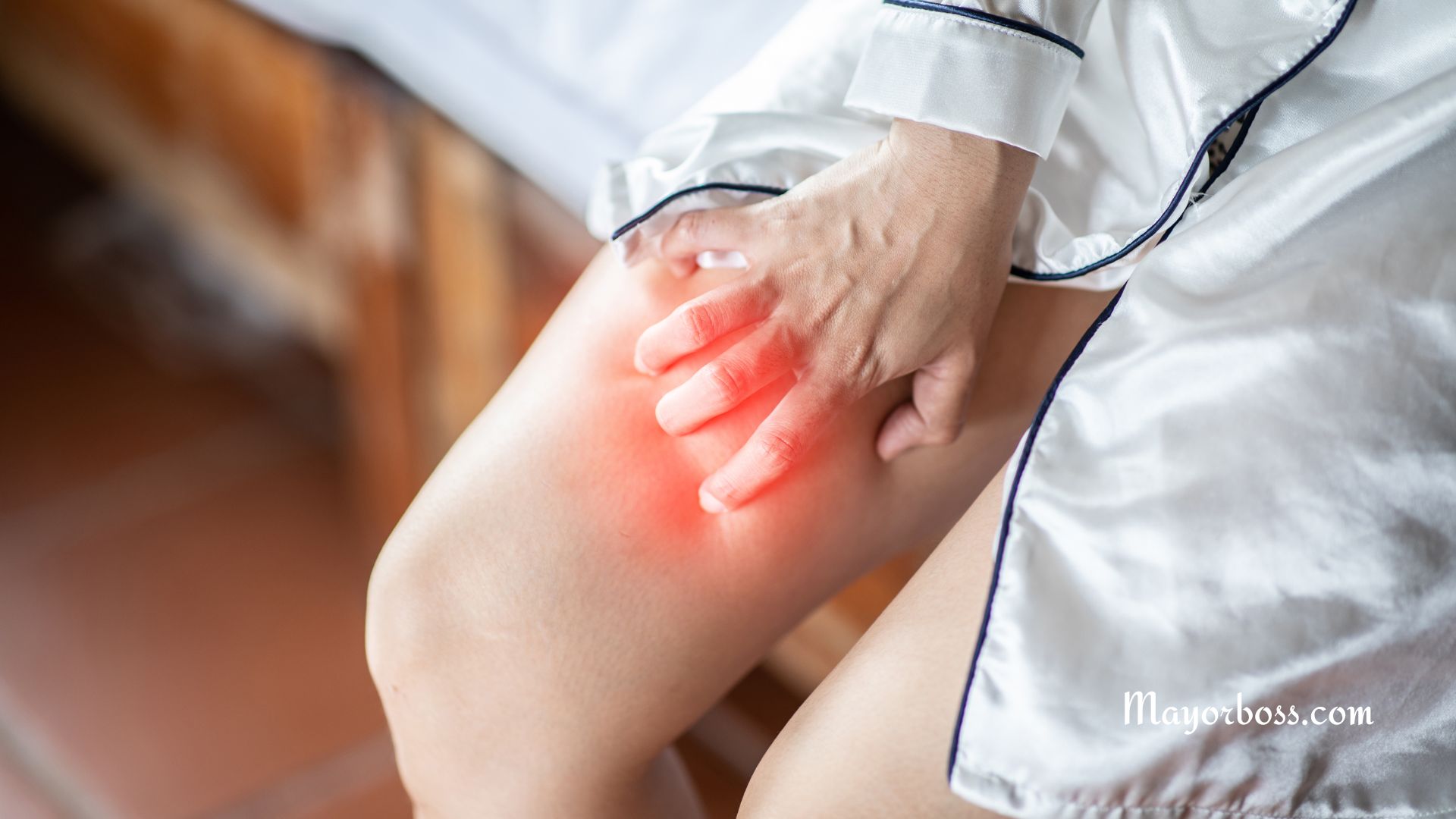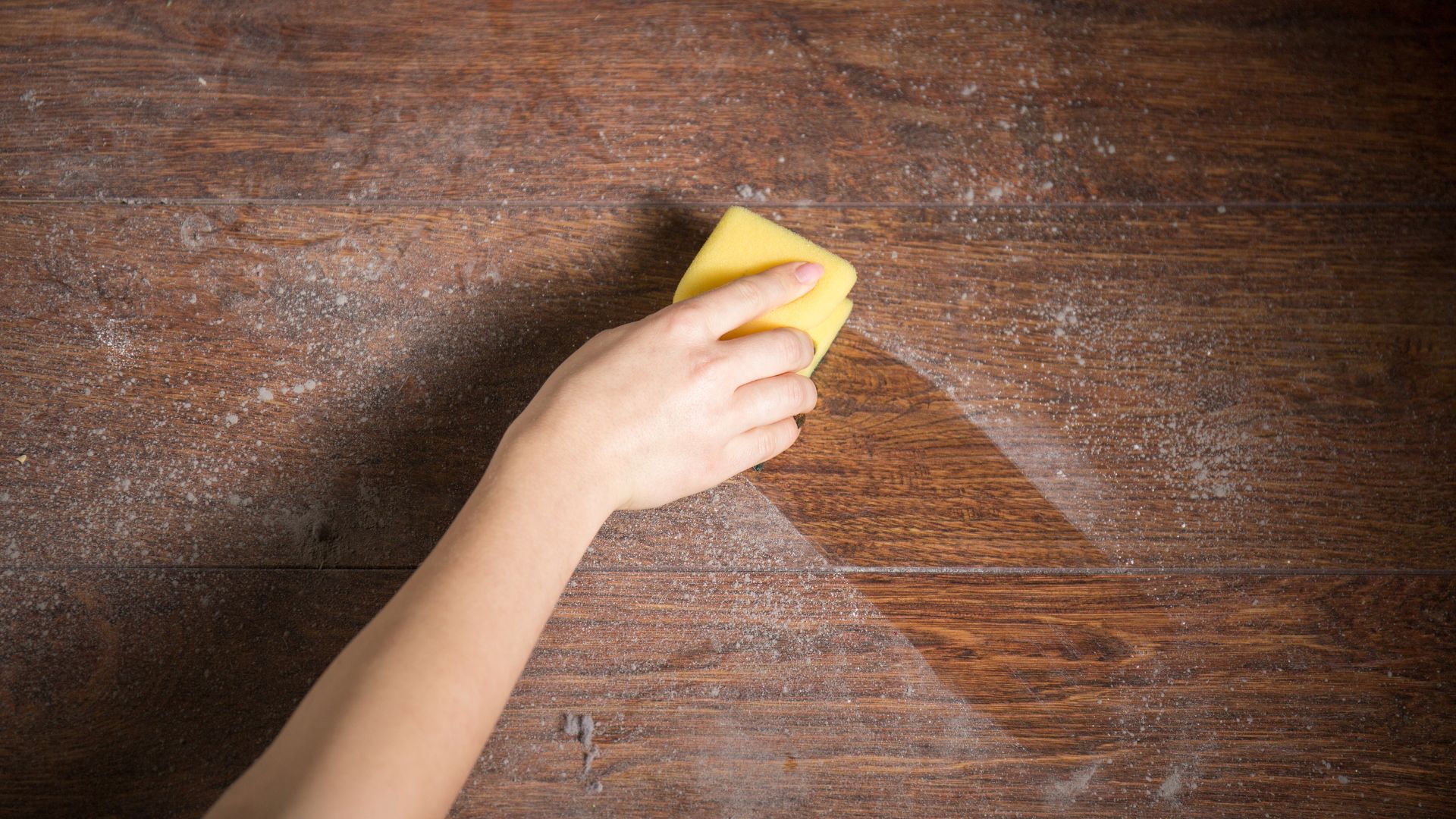Vitamin B12 Deficiency Signs On Feet: 4 Signs You Might Not Be Getting Enough
Vitamin B12 is a super important nutrient your body needs to stay healthy. It helps make red blood cells, keeps your DNA in good shape, and protects your nerves. When you don’t get enough Vitamin B12, it can cause all kinds of problems, including surprising changes in your feet. Now, why focus on your feet? Well, the feet often give us early warning signals about problems that might be brewing inside our bodies. So, let us look at four clear signs on your feet that may hint you’re not getting enough of this essential nutrient.

1. Tingling or Numbness in the Toes
One of the most noticeable foot-related signs of Vitamin B12 deficiency is a tingling or numb sensation in the toes. This peculiar feeling can be described as “pins and needles,” almost like when your foot “falls asleep.” Vitamin B12 contributes to the health of your nerves. Without enough of it, the nerves in your feet might fail to send signals properly to your brain. As a result, you could feel unsteady on your feet at times or sense that your toes have lost some sensitivity.
When these odd tingles or numb feelings occur and become more frequent, it’s best to take action. Ask your healthcare provider for a checkup, and if you have a known low B12 level, talk about treatment options. Early attention can prevent the condition from getting worse and help restore normal feeling in your feet.
2. Burning or Stinging Pain
Another sign of Vitamin B12 deficiency that you might pick up is a burning sensation in your feet. Some people say it’s like mild fire under the soles, while others notice a sharper, stinging pain. This might appear after a busy day of standing or even while resting in your favorite chair. Because Vitamin B12 aids in forming the protective sheath around your nerves, a shortage of this nutrient can damage that coating. Once that shield becomes worn, it can make your feet extra sensitive.
If you find yourself avoiding walks or normal errands because of this foot pain, it’s time to pay closer attention. A brief medical examination can help you learn if a Vitamin B12 deficiency is contributing to your discomfort. Sometimes, a simple blood test is all you need to discover if you are running low.
3. Difficulty Balancing or Walking
Have you ever felt off-balance while strolling in the park or found yourself tripping over objects that never seemed to bother you before? If so, take note. Maintaining our sense of balance depends on healthy nerves. Vitamin B12 helps your nerves send signals to the brain so that you can walk without stumbling. When levels fall too low, these signals may become slow or confused.
Once you begin noticing that you often lose your footing, it’s a good idea to see a professional. If Vitamin B12 deficiency is the culprit, improving your vitamin intake may help steady your step. Regular moderate exercise—such as short walks—combined with a balanced diet can also be beneficial. Even small changes can make a difference in helping you regain your usual stride.
4. Cracks and Sores Around the Feet
You might also notice painful cracks or sores around your feet if your B12 levels are lacking. Dry, cracked heels and slow-healing wounds can sometimes be a sign of poor vitamin status. While several factors can contribute to sores on your feet—like dehydration or ill-fitting shoes—Vitamin B12 might also play a part. This nutrient helps with cell production and tissue repair. When supplies run low, your body might struggle to maintain healthy skin, leading to rough skin or sores that just won’t go away.
If you spot that your foot skin is more fragile than normal, think about whether your diet supplies enough B12. Include a balanced mix of foods like meat, eggs, and dairy, or consider talking with your healthcare provider about a quality supplement.






